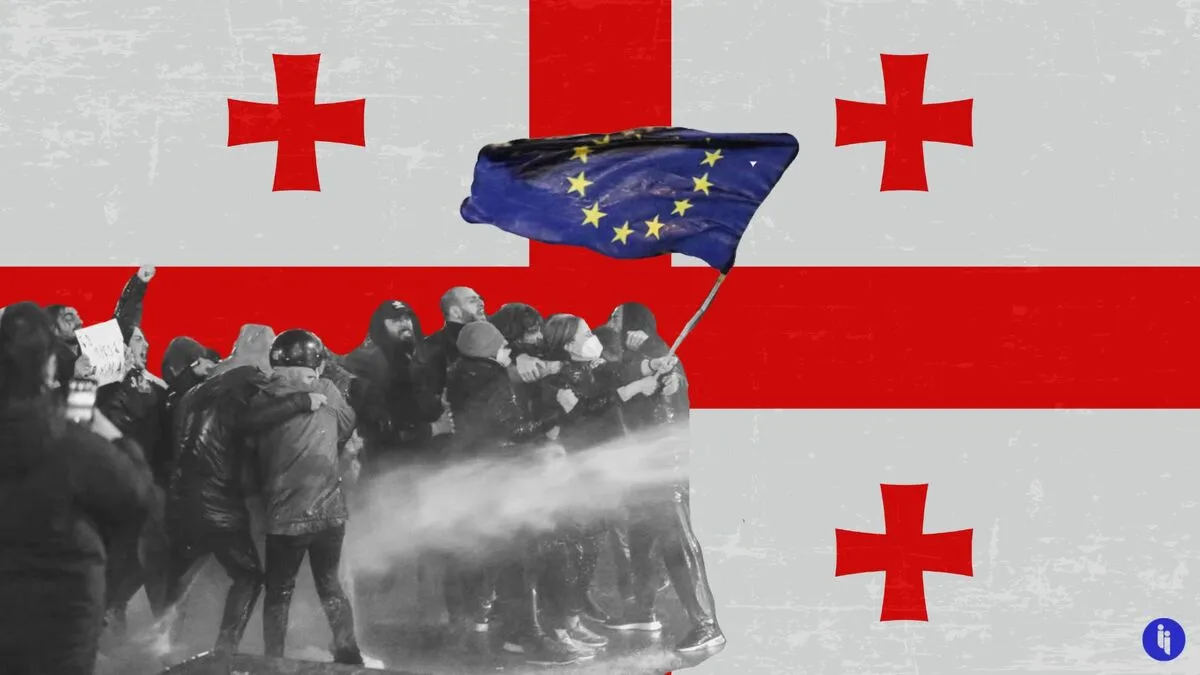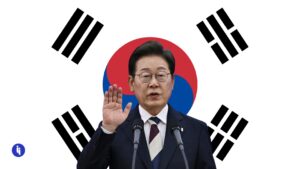Briefly: Georgia’s ruling party has withdrawn a controversial ‘foreign agents bill’ after two days of widespread protests. Critics of the law insist it risked undercutting basic freedoms and harmed Georgia’s EU membership prospects (it applied to join the EU last year).
The bill would’ve required Georgian organisations, including media and NGOs, to register as “foreign agents” if they get more than 20% of their funding from abroad. President Putin is using a similar law to stifle dissent in Russia.
No stopping now: Opposition leaders are still calling for protests. 80% of voters want EU membership, but Georgia’s government seems less enthused than a vegan in the meat aisle.
Stay on top of your world from inside your inbox.
Subscribe for free today and receive way much more insights.
Trusted by 129,000+ subscribers
No spam. No noise. Unsubscribe any time.
Many blame the reclusive billionaire Bidzina Ivanishvili, who controls the dominant Georgian Dream party. There’s speculation he’s trying to steer Georgia back towards Moscow.
Intrigue’s take: Georgia, a former Soviet state, has long walked a tightrope between its pro-Europe aspirations and its anti-Europe neighbour (Russia). But that rope is getting wobbly. Georgia’s people are leaning closer to Europe, while Russian troops still occupy 20% of Georgia after a 2008 invasion to back pro-Russia separatists. Sound familiar?
As the European Council on Foreign Relations says: “Russia’s wars in Georgia and Ukraine seem part of a single imperial project”.
Also worth noting:
- Politicians in Georgia claimed the law was similar to the US “Foreign Agents Registration Act” of 1938, but analysts have highlighted some fundamental differences.
- Georgian Prime Minister Irakli Garibashvili has ruled out sending military aid to Ukraine, though the country has provided humanitarian assistance.







